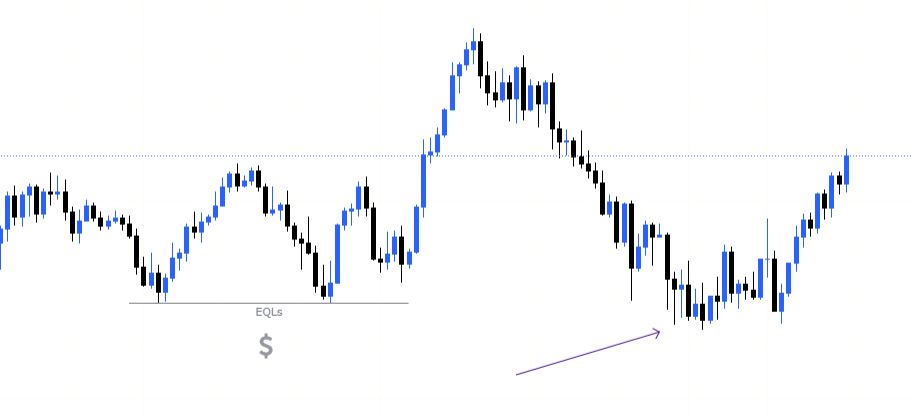Options trading can be a daunting concept for beginners, but it doesn’t have to be. At its core, options are financial contracts that give you the right, but not the obligation, to buy or sell an underlying asset (like a stock, bond, or commodity) at a specific price (the strike price) on or before a certain date (the expiration date).

Image: us.etrade.com
To make an options trade, you typically enter into a contract with another investor. The buyer of an option pays a premium (a price) to the seller of the option in exchange for the right to buy or sell the underlying asset. The seller of the option receives the premium but is obligated to fulfill the contract if the buyer exercises their right.
Types of Options Contracts
There are two main types of options contracts: calls and puts.
- Call options give the buyer the right to buy the underlying asset at the strike price on or before the expiration date. Call options are typically used when investors expect the underlying asset to increase in value.
- Put options give the buyer the right to sell the underlying asset at the strike price on or before the expiration date. Put options are typically used when investors expect the underlying asset to decrease in value.
How to Trade Options
To trade options, you’ll need to open a brokerage account with an options-approved brokerage firm. Once you have an account, you can start researching the underlying assets you’re interested in and the different options contracts that are available.
When you’re ready to make a trade, you’ll need to decide on the following:
- The type of option (call or put)
- The strike price
- The expiration date
- The number of contracts
Once you’ve decided on the details of your trade, you can place an order with your broker. Your broker will then match you with another investor who is willing to take the opposite side of your trade.
Risks of Options Trading
Options trading can be a lucrative investment strategy, but it’s important to remember that there are risks involved. The main risk is that you can lose the premium that you paid to buy the option if the underlying asset doesn’t move in your favor. In some cases, you could also lose more money than the premium you paid, so it’s important to manage your risk carefully.

Image: www.youtube.com
Tips for Options Trading Beginners
If you’re new to options trading, here are a few tips to help you get started:
- Start with a paper trading account. This will allow you to practice trading options without risking real money.
- Learn as much as you can about options trading. There are many resources available online and from your broker.
- Trade small. When you’re first starting out, it’s best to trade with small amounts of money until you get the hang of it.
- Manage your risk. Always use stop-loss orders to limit your potential losses.
- Be patient. Trading options takes time and effort. Don’t expect to get rich quick.
Options Trading Eli5

Image: www.automarketmasters.com
Conclusion
Options trading can be a powerful investment strategy, but it’s important to remember that it’s also a complex one. If you’re new to options trading, it’s important to do your research and learn as much as you can about the risks involved.






